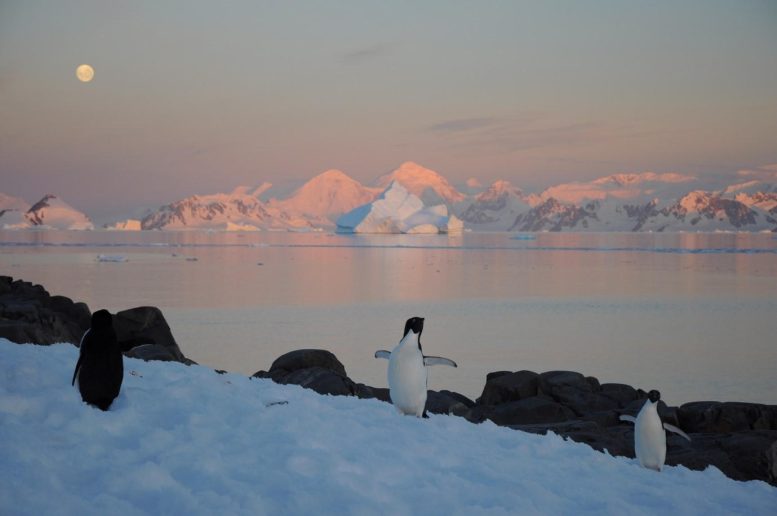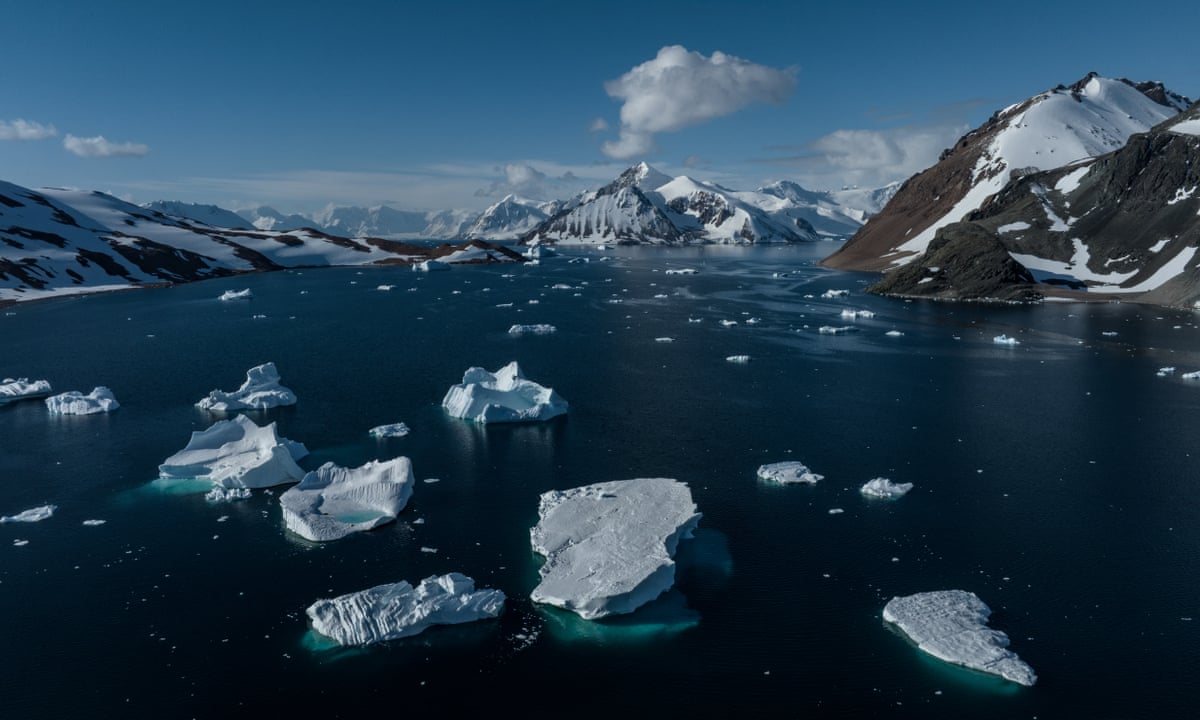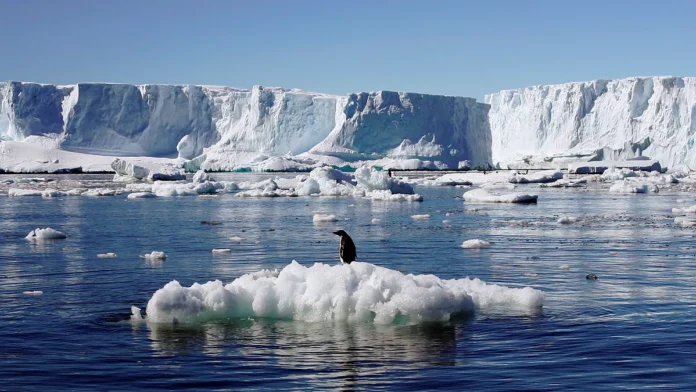Antarctica’s Ice in Crisis
Scientists have confirmed that Antarctica is now undergoing rapid changes that could set off global climate breakdown. A new study in Nature warns the West Antarctic Ice Sheet may collapse, which would raise global sea levels by more than three meters. If this happens, coastal cities worldwide could face flooding that reshapes where millions of people live. Dr. Nerilie Abram, Chief Scientist at the Australian Antarctic Division, described the threat as catastrophic for future generations.
What makes this situation more severe is the speed of sea ice loss. According to npr.org, the continent has recorded three record-low sea ice years within only six years. Researchers say the chances of this happening naturally are less than one in a thousand. This shows that Antarctica’s system is not simply fluctuating but breaking down in ways that scientists say may not reverse, even if global warming slows. Unlike the Arctic, where ice can regrow, the Antarctic changes appear locked into processes that keep going once they start.
Ocean Systems at Risk

The changes are not limited to ice. Studies reveal that the Antarctic overturning circulation, the ocean system that spreads heat, oxygen, and nutrients around the globe, could slow by over 40% within 30 years. Research shared by unsw.edu.au and Spanish marine institutes even reported signs of currents reversing in 2023. This is the first time such a reversal has been observed, and it raises fears of disrupted weather patterns and faster global heating, since weakened oceans absorb less carbon dioxide.
In my view, this shift in ocean patterns may be the most dangerous element of all. Ice melt is visible, but the collapse of circulation systems would quietly alter rainfall, storms, and temperatures across continents, creating problems that most countries are not prepared to handle.
Wildlife on the Edge
Antarctica’s wildlife is also under threat. Emperor penguins, which rely on stable sea ice for breeding, have faced widespread failure. In 2022, most chicks in the Bellingshausen Sea colonies did not survive, according to earth.org and bas.ac.uk. Satellite data shows their population has already dropped 22% since 2009.
If warming continues, scientists predict over 90% of colonies could vanish by 2100. This loss is not just about penguins but about the collapse of an ecosystem that depends on steady ice cycles.
Feedback Loops Making Things Worse

The situation is even more worrying because all these changes are linked. Less ice means less sunlight reflected back, which heats the region faster. This weakens ice shelves that act as barriers, making glaciers slide into the sea more quickly. Warmer waters also reduce phytoplankton, tiny plants that help absorb carbon dioxide, further fueling climate change. As phys.org highlights, this chain reaction could speed up warming in Australia and far beyond.
Analysis: A Warning We Cannot Ignore
From my perspective, the science points to a future that is already shifting under our feet. What is happening in Antarctica is not a distant issue. Rising seas, broken ocean systems, and dying ecosystems are problems that will ripple through every country. The worrying part is that even if emissions are reduced now, some processes may already be locked in for centuries.
This means that while rapid cuts to greenhouse gases remain urgent, governments also need to prepare for a future where some damage cannot be undone. Coastal protection, food security, and disaster planning will all become critical. Antarctica has long been seen as distant and untouchable, but the new research shows it is central to the world’s climate balance.
Sources: npr.org

